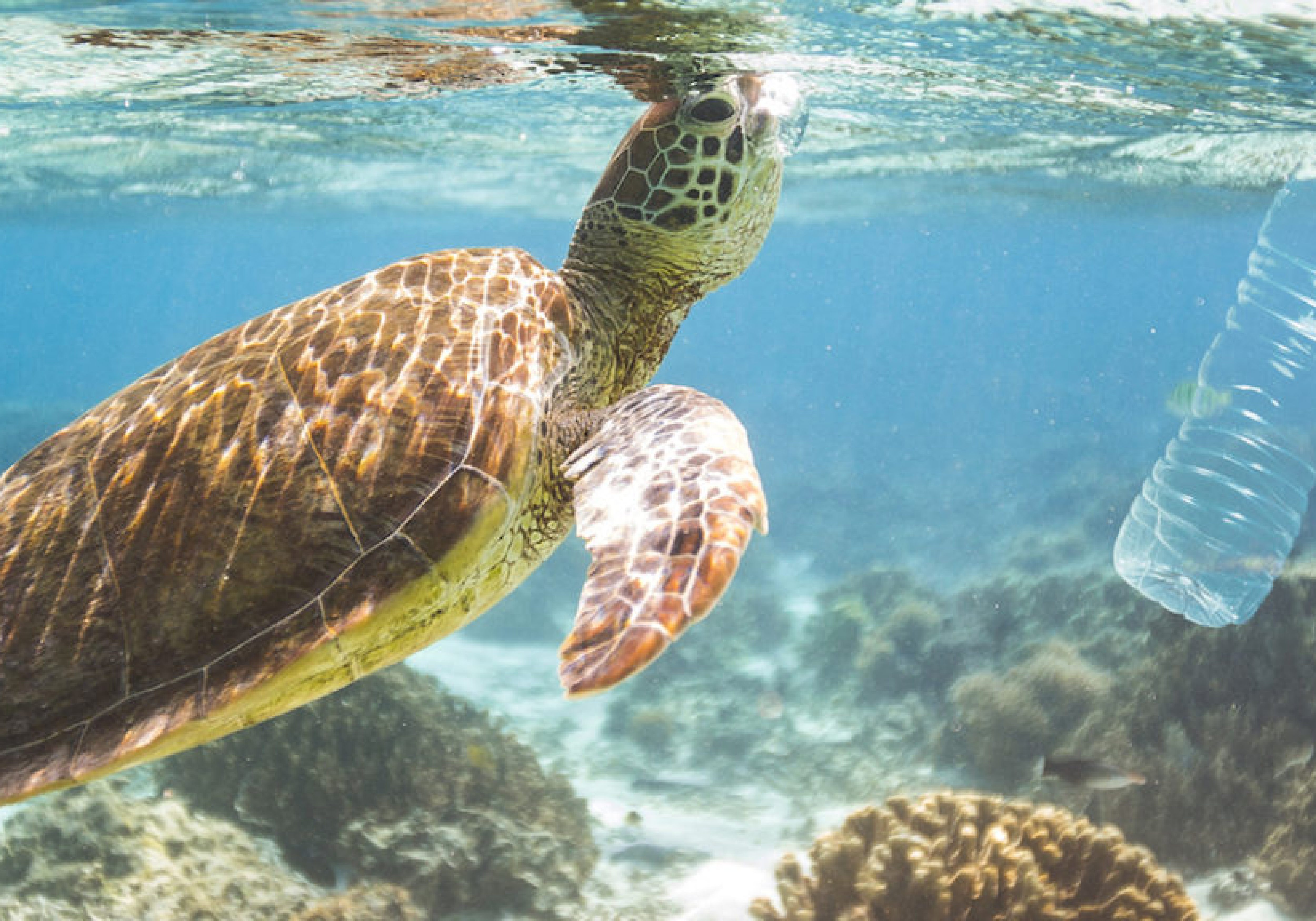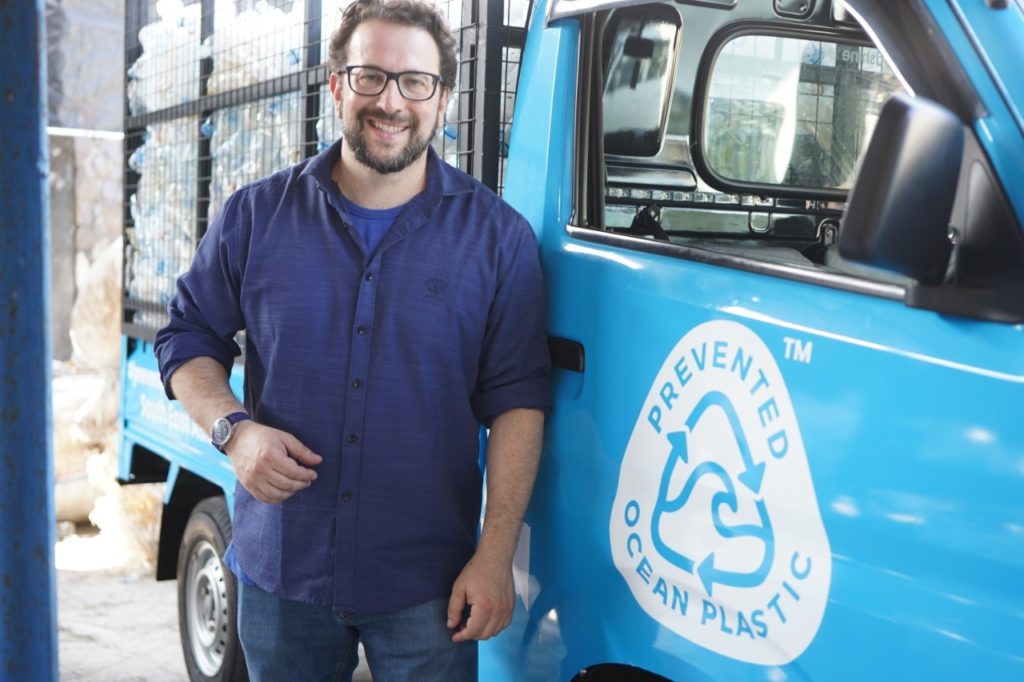
Building a career with impact in CSR
Creative and ambitious people that can help businesses shape and deliver their CSR agendas are in demand, says Lakshmi Woodings. Discover what careers in CSR involve and the skills you’ll need to succeed


I can’t say I set out to be a social entrepreneur. Although the term has been in use since the 1970s, it wasn’t part of the conversation when I was doing my MBA with Concordia University’s John Molson School of Business in the way it would be now. I knew I would end up as an entrepreneur, but equally I needed training and a few years spent as a commercial banker helped bolster my education with the practicalities of what businesses need to do to succeed.
However, there was also a downside for a person of my perspective in that job. As is the case with many large employers, perception management was common during my time there. One colleague even asked me to act “more stressed out”. Life in a big organisation just wasn’t for me.
I moved to the UK soon after, with little to my name, and started Bantam Materials UK in 2011. We were, and still are, a supply and distribution company that works with overseas recyclers to provide recycled plastic for the UK and European markets, but we’ve expanded to become so much more. Today, you can find our Prevented Ocean Plastic in products ranging from Lidl and Louis Vuitton to Patagonia and the NHS – and it’s been a period of discovery for all of us.
Combatting the problem of ocean-bound plastic
Through the course of our work, I learned about the pioneering research conducted by Jenna Jambeck and her team at the University of Georgia. Although they weren’t the ones to define ocean-bound plastic, they helped popularise the term and raise awareness of it.
Found within 50 kilometres of an ocean coastline or major waterway that feeds into the ocean, the problem of ocean-bound plastic arises due to a lack of proper waste management infrastructure and collection incentives. In many places, infrastructure is also overwhelmed by population growth and/or increased tourism. If plastic contaminates ecosystems, there is a significant risk to wildlife and biodiversity.
I came to realise that a vast majority of our efforts were aligned with these factors, as we were working directly with local recyclers in areas at-risk of ocean plastic pollution. We quickly identified an opportunity to expand our offering in this space and do something good, while supplying businesses with traceable, quality material that would allow them to better communicate their sustainability journey. After workshopping several names for our programme, Prevented Ocean Plastic was launched towards the end of 2019.
Establishing standards and infrastructure worldwide
As more and more businesses are required to report on sustainability and hit certain thresholds, our business taps into a rapidly growing area. Our efforts also prove that doing the right thing and making a profit are not mutually exclusive, as many people still believe. No matter your career field, we should each ask ourselves at the end of the day if we did more good than harm. If the answer is “no” then we should strive to do better the next day.
The Prevented Ocean Plastic programme has taken Bantam Materials beyond a supply and distribution business, elevating the areas in which it operates. Last year, we launched our ‘25 by 2025’ initiative to develop 25 high-capacity collection centres in areas that need them by 2025. This move follows investment in the establishment of our Bali Collection Centre in 2019 and could be expanded through our work with other investment partners, such as Circulate Capital and USAID’s Clean Cities Blue Ocean initiative through our Prevented Ocean Plastic Southeast Asia arm. Over the last six months, we’ve also seen the grand opening of our first USAID-sponsored aggregation centre in Semarang and the grand opening of our facility in North Jakarta.
We are working to establish waste management infrastructure where it didn’t previously exist and helping to implement standards in relation to prevented ocean plastic. In the past, the recycling industry resembled a ‘Wild West’ where businesses did as they pleased, so establishing guidelines that go beyond regulatory requirements has been essential.
Giving back to further inspiration
This has led us to invest a further $250,000 in University of Georgia research into the hydraulic movement of litter from land to sea. Beyond the coastline, it’s important to understand how river systems, flooding and weather conditions impact the flow of litter, so we can better manage its collection and reintroduction into the circular economy. Our company doesn’t stand to benefit directly from the studies being conducted but, for me, it felt right to give back and contribute to the areas that inspired us on this journey.
Our data collection efforts have also led us to look more closely at the conditions of frontline workers (also known as first collectors) in the informal waste sector, resulting in a groundbreaking study profiling the lives of 100 first collectors to better understand their needs. I am confident this continued investment will benefit our work in the long-term and provide further opportunities to seek purpose and profit for all involved.
 Raffi Schieir has taken a hands-on approach to understanding the problems and solutions around plastic pollution as the founder and director of Bantam Materials UK and the vertically integrated supply chain that is the Prevented Ocean Plastic™ programme. The programme has since prevented 2.5 billion bottles from reaching the ocean and been nominated for the Earthshot prize
Raffi Schieir has taken a hands-on approach to understanding the problems and solutions around plastic pollution as the founder and director of Bantam Materials UK and the vertically integrated supply chain that is the Prevented Ocean Plastic™ programme. The programme has since prevented 2.5 billion bottles from reaching the ocean and been nominated for the Earthshot prize

Creative and ambitious people that can help businesses shape and deliver their CSR agendas are in demand, says Lakshmi Woodings. Discover what careers in CSR involve and the skills you’ll need to succeed

From data analysis to chatbots, technology is already playing a big role in marketing and STEM graduates are well-positioned to harness the benefits, says RAPP’s Head of Client Success Imogen Tostevin

Whether you’re a business owner, leader or employee, there are things you can do to ensure you’re ready to withstand any economic crisis that comes your way. Find out what with these top tips
For questions about editorial opportunities, please contact:

